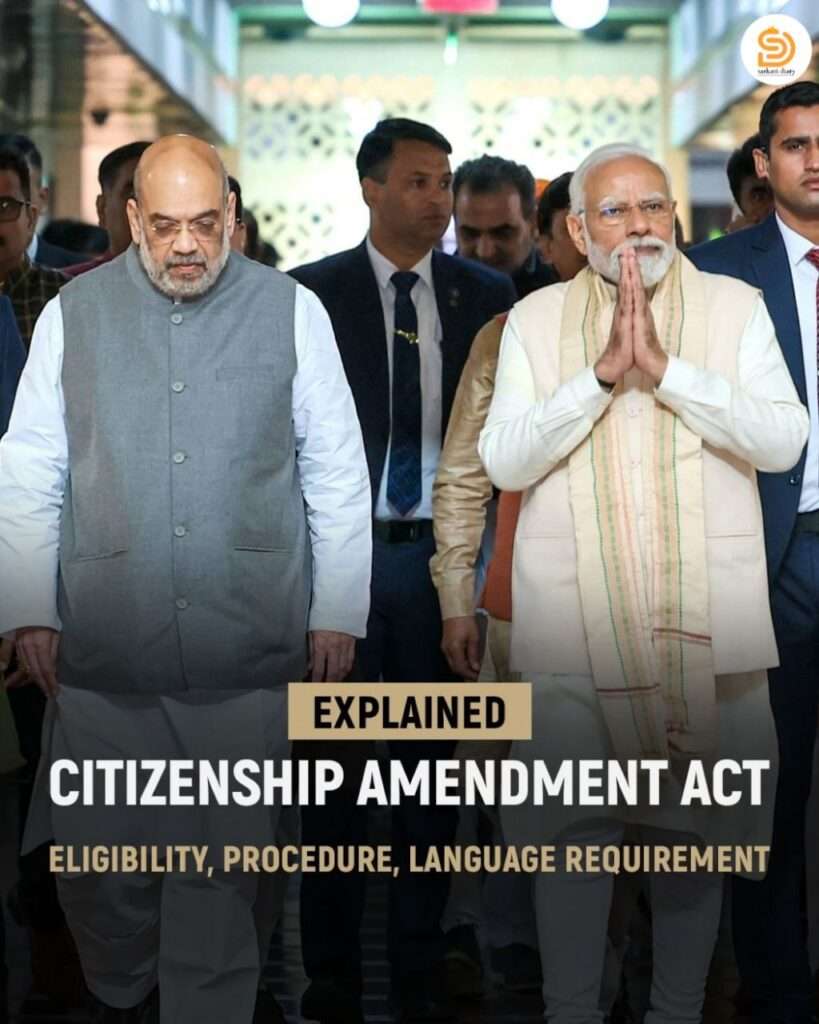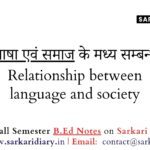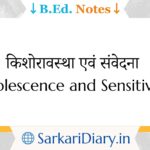Who can apply for citizenship under Section 6B?
Application for grant of citizenship by registration or naturalisation shall not be entertained unless
• The person is of Indian origin.
• The person is married to a citizen of India.
• The person is a minor child of a person who is a citizen of India.
• The person’s parents are registered as citizens of India.
• The person or either of his parents was a citizen of Independent India.
• The person is registered as an Overseas Citizen of India Cardholder.
Special documents required with application
1. An affidavit verifying the correctness of the statements made in the application along with an affidavit from an Indian citizen testifying the character of the applicant.
2. A declaration from the applicant that he has adequate knowledge of one of the languages as specified in the Eighth Schedule to the Constitution.
3. The person should also carry a declaration saying the citizenship of his country shall stand renounced irrevocably in the event of his application being approved.
Procedure as per the Citizen Amendment Act (CAA) rules
Step 1 – An application for registration or naturalisation under section 6B shall be submitted by the applicant in electronic form to the Empowered Committee through the District Level Committee as may be notified by the Central government.
Step 2 – The District Level Committee headed by the Designated Officer, as may shall verify the documents submitted by the applicant along with the application.
Step 3 – The Designated Officer shall administer to the applicant the oath of allegiance as specified in the Second Schedule to the Citizenship Act, 1955 (57 of 1955) and thereafter, sign the oath of allegiance and forward the same in electronic form along with confirmation regarding verification of documents to the Empowered Committee.
Step 4 – In case an applicant fails to appear in person to subscribe the application and take oath of allegiance, the District-Level Committee shall forward such application to the Empowered Committee for consideration of refusal.
Step 5 – The Empowered Committee referred to in rule 11A may scrutinise the application for grant of citizenship by registration or naturalisation submitted by an applicant under section 6B to ensure that the application is complete in all respects and that the applicant satisfies all the conditions laid down in section 6B.
Step 6 – On being satisfied after making such an inquiry as it considers necessary for ascertaining the suitability of the applicant that he is a fit and proper person to be registered or naturalised, as the case may be, the Empowered Committee may grant him the citizenship of India.








